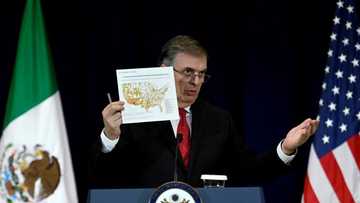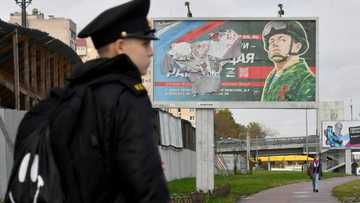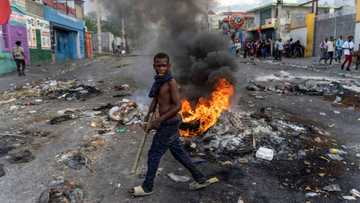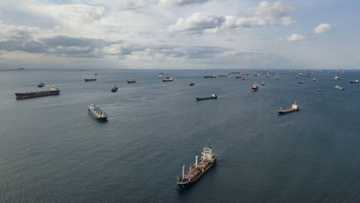Joy and worry for Venezuelans as US shuts land border
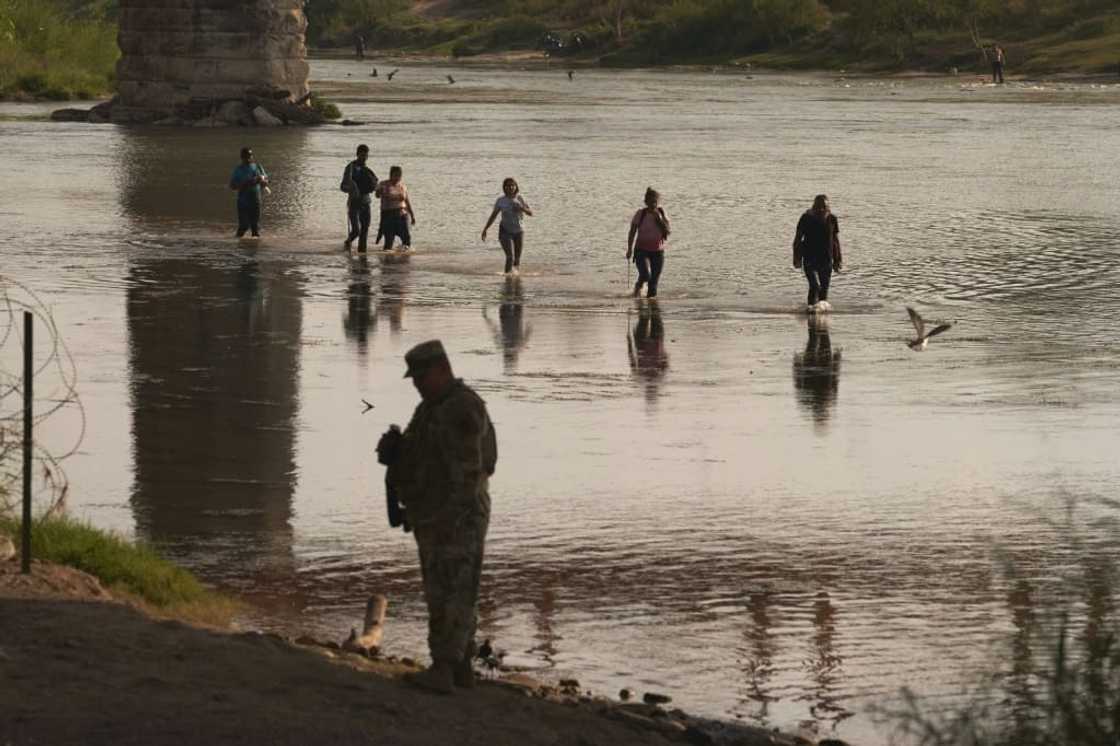
Source: AFP
PAY ATTENTION: Click “See First” under the “Following” tab to see Briefly News on your News Feed!
Jose was reunited with his wife and four-year-old child in the United States minutes after Washington shut its southern border to Venezuelans.
But his happiness was short-lived.
His adult son, currently battling through the treacherous Darien Gap jungle that straddles Colombia and Panama, will likely be turned away from the United States -- if he even makes it that far.
"Last night I was happier than a child at Christmas," he told AFP by telephone on Thursday.
"But when I saw the news I immediately called my son and asked him not to continue his journey."
AFP has changed the names of migrants interviewed for this story because of their vulnerable status, or the risk of retribution from human traffickers.
PAY ATTENTION: Never miss breaking news – join Briefly News' Telegram channel!
Humanitarian program
The Department of Homeland Security on Wednesday announced that Venezuelans entering the United States by land will be returned to Mexico, in line with almost all other migrants without visas coming over the border.
Until now they have been granted exceptions because of Washington's distrust of the hard-left regime in Caracas, which it says punishes political opponents.
Instead, the United States will allow 24,000 Venezuelans to apply for entry under a humanitarian program, similar to a scheme that has welcomed tens of thousands of Ukrainians fleeing the Russian invasion of their country.
The program -- launched a month ahead of elections -- is a bid by President Joe Biden's administration to chart a path between Democratic demands for helping desperate migrants and Republican calls to stem what they paint as a "tide" of illegal migration.
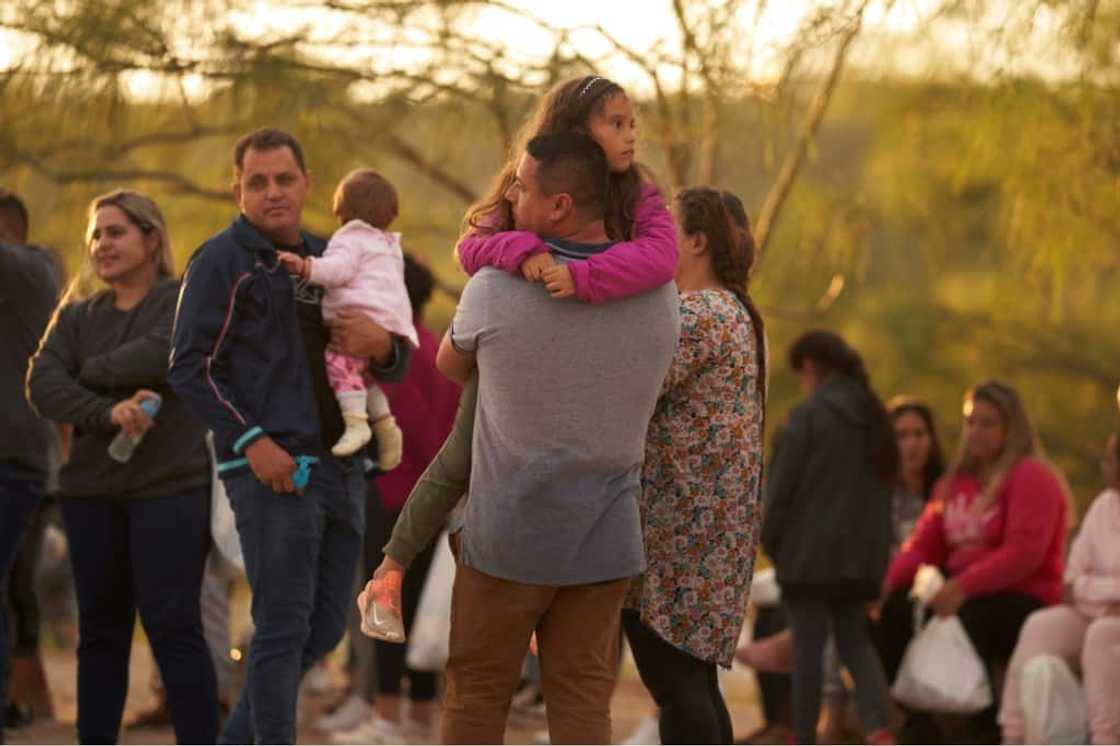
Source: AFP
In the year to September, border authorities encountered more than 155,000 Venezuelans, more than triple the previous year.
Most, like Jose, arrive in Texas.
He set foot on US soil on Sunday after wading across the chest-deep waters of the Rio Grande river near Eagle Pass.
"It was nothing compared to what I had to do to get here," he said as he stood in the baking Texas sun, his clothes wet and his shoes muddy.
In his backpack were the few clothes he still owned.
"The others I left on the road."
Crisis
Millions of Venezuelans have left the country in recent years, fleeing a political and economic crisis under authoritarian President Nicolas Maduro.
Many have traveled to nearby Latin American countries but an increasing number are heading for the United States -- despite the distance and the danger.
Videos on TikTok -- a main source of news for Venezuelans -- show columns of people with backpacks making their way through dense vegetation.
Stories of rapes, robberies, murders and bribery are common among those who make it.
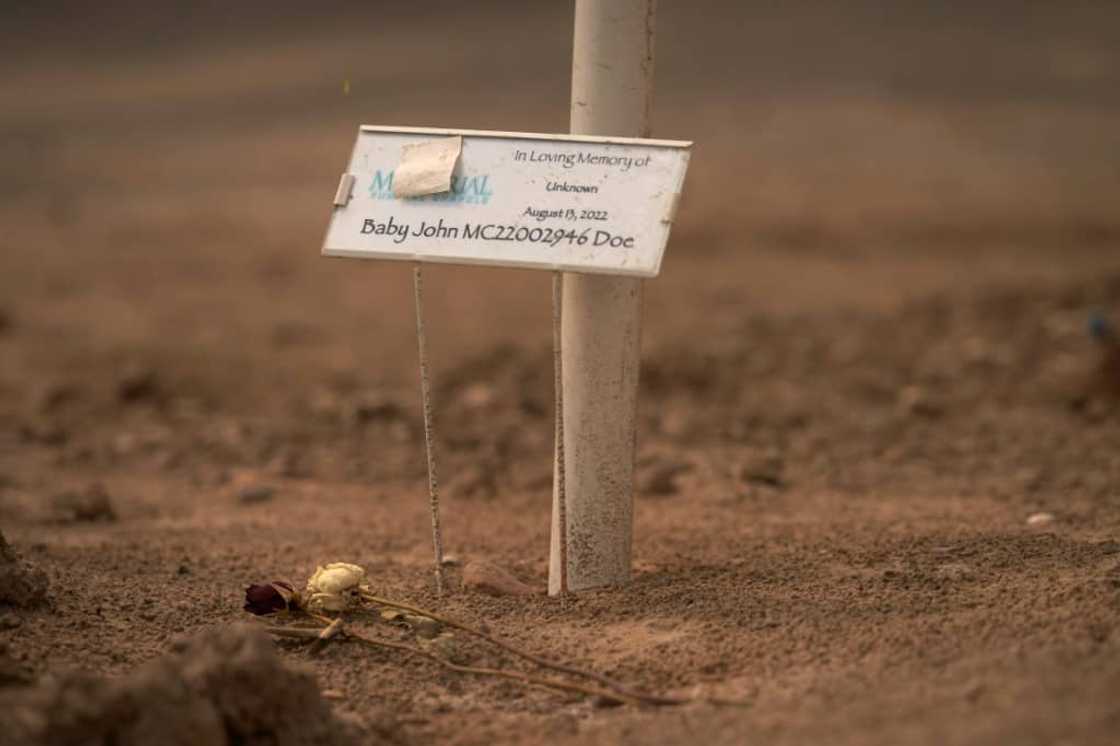
Source: AFP
Jose's seven-country journey took him a month.
After reuniting with his wife and young child, he thought things were finally coming together, with his 22-year-old son setting off from Caracas to join him.
Then the US government changed the rules.
"I am very sad, and so is he, because we were all going to be together finally," he says.
"It would give me a lot of pain if he makes such a big effort and they send him back to Mexico, where the people are very good but the immigration agents and the police mistreat us a lot."
Jose says his time in Mexico was the hardest part of the trip.
"In the jungle they put a bracelet on you to distinguish those who pay from those who don't. Those who don't pay are mistreated.
"In Mexico, the coyote tells you it's $500, but if you tell him 'I have $200,' he accepts it.
"But a Mexican cop will tell you it's $500 and if you don't give it to him, he'll beat you or rob you."
Maria, who also arrived in Eagle Pass on Sunday, was reunited with her boyfriend in Georgia on Wednesday.
"I was lucky, but the Mexican agents took my friends and beat them. They detained them for two weeks, and released them somewhere else. Now they won't be able to get into the US," she says.
Maria's boyfriend is overjoyed that she made it to the United States, where he hopes she will be able to get treatment for a chronic illness.
But he frets over what will happen now to his three sisters, who are somewhere deep in the Darien Gap.
"I do nothing but think, I'm happy because Maria is finally here, but I don't know what I'm going to do," he said.
PAY ATTENTION: Сheck out news that is picked exactly for YOU ➡️ find the “Recommended for you” block on the home page and enjoy!
Source: AFP

